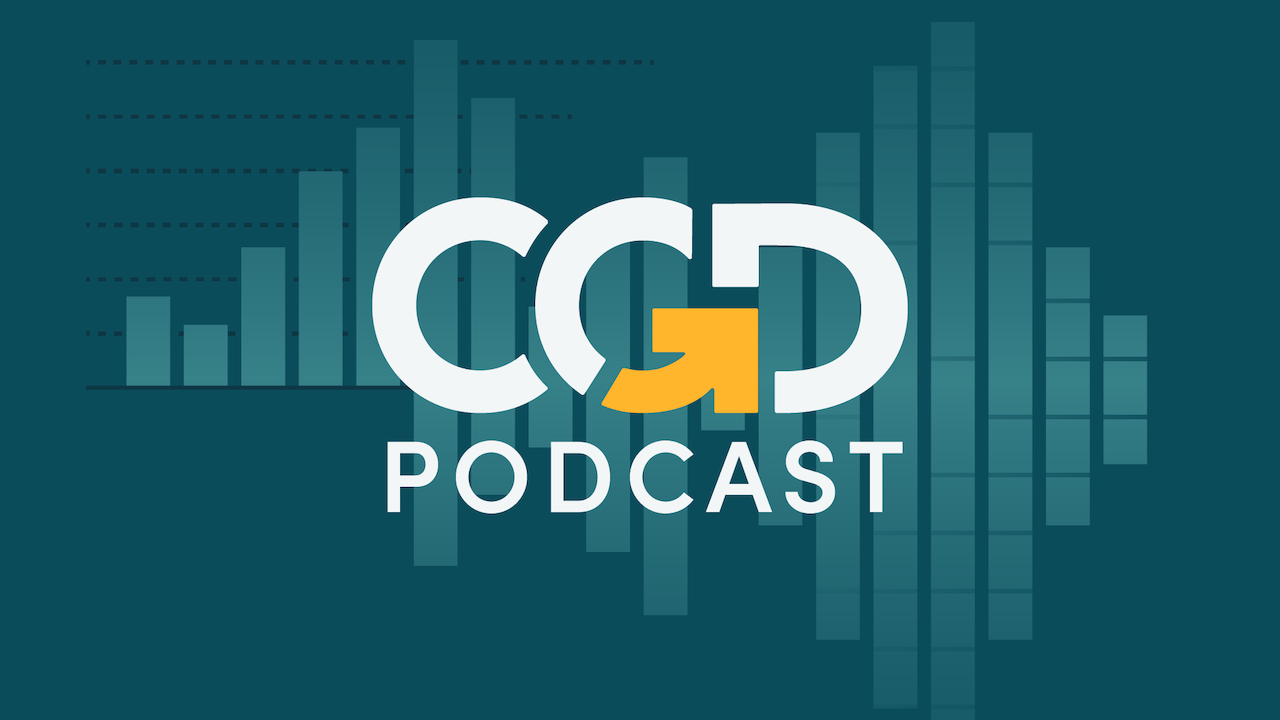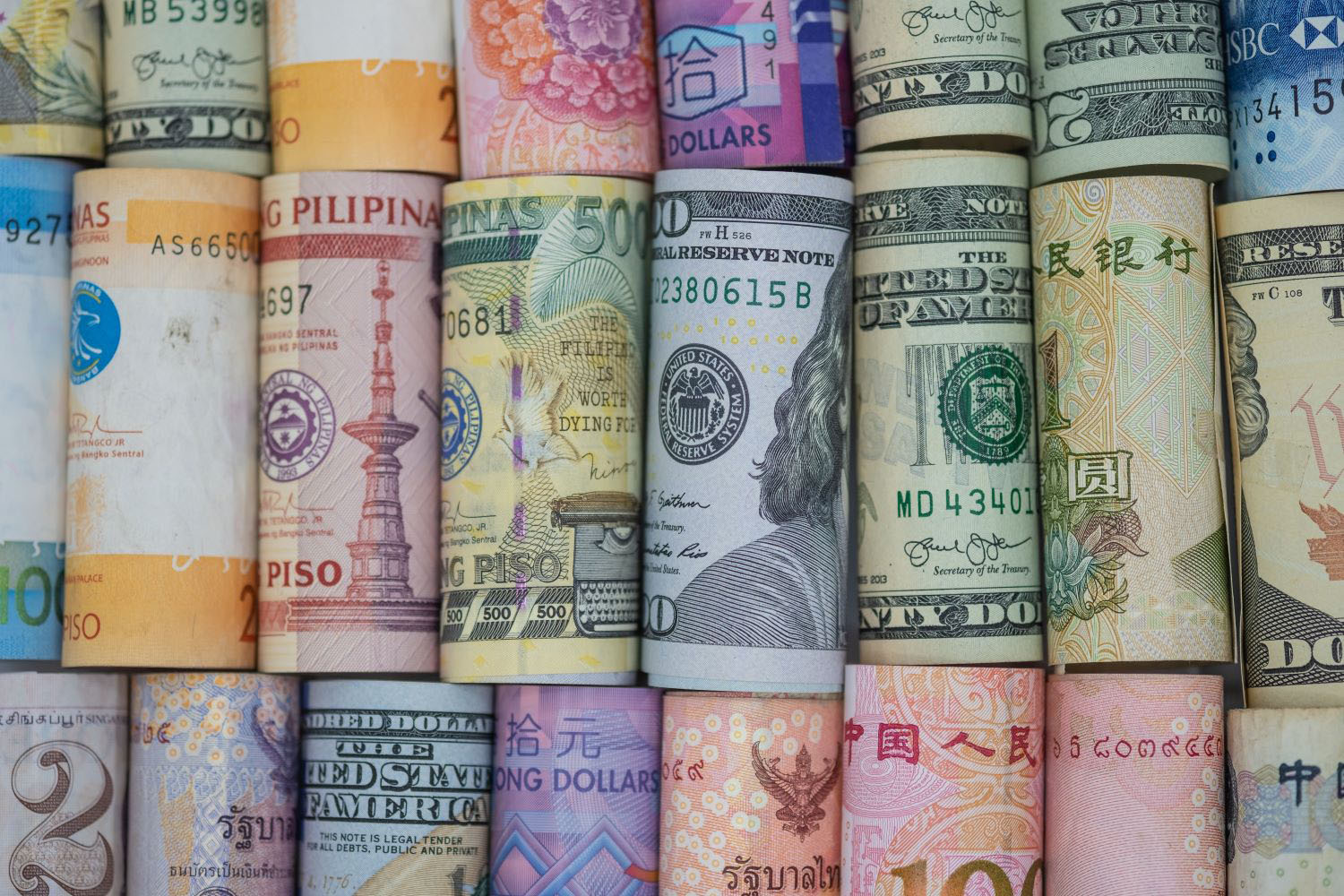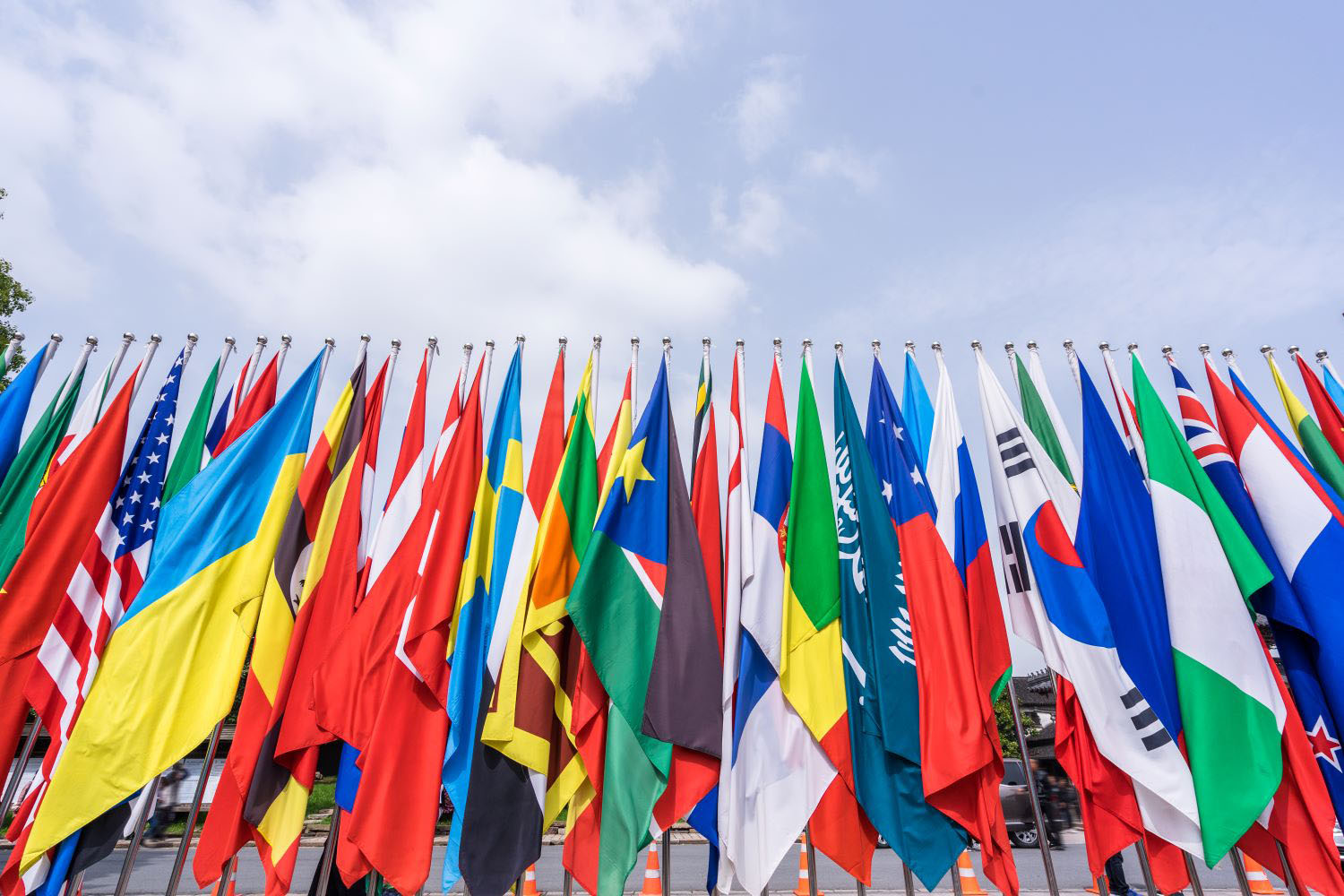Featuring
Jordan Kyle
Columbia University
Subsidizing fuel consumption imposes substantial strain on government budgets and crowds out spending on important policy areas like capital investments, health, education, and social safety nets. Yet politicians reduce fuel subsidies at their peril: many attempts at pricing reform are met with stiff popular resistance, even leading to the ousting of several political leaders. Why is there popular resistance to reforms that should yield long-run economic and environmental benefits?
In her paper, Kyle argued that citizens are not universally opposed to fuel subsidy reform and, in fact, governments may have more scope to enact reforms than is widely believed. However, public support for reform varies based on institutional performance in the delivery of social safety net programs. She found that where corruption in local institutions reduces citizens’ benefits from social programs citizens are less likely to believe that they will benefit from any increased government spending on social programs made possible by reform. Therefore, in villages where local institutions are corrupt, citizens are more likely to support fuel subsidies. To reveal these patterns, she relied on original survey data from over 5,500 households across 6 districts in Indonesia. In villages where more benefits from Indonesia’s largest targeted transfer program go missing, citizens are more likely to support fuel subsidies. She took advantage of an exogenous reduction in corruption caused by a randomized transparency campaign to increase confidence that the effect is causal. The results from this identification probe are qualitatively consistent with the observational analysis.
Subscribe








